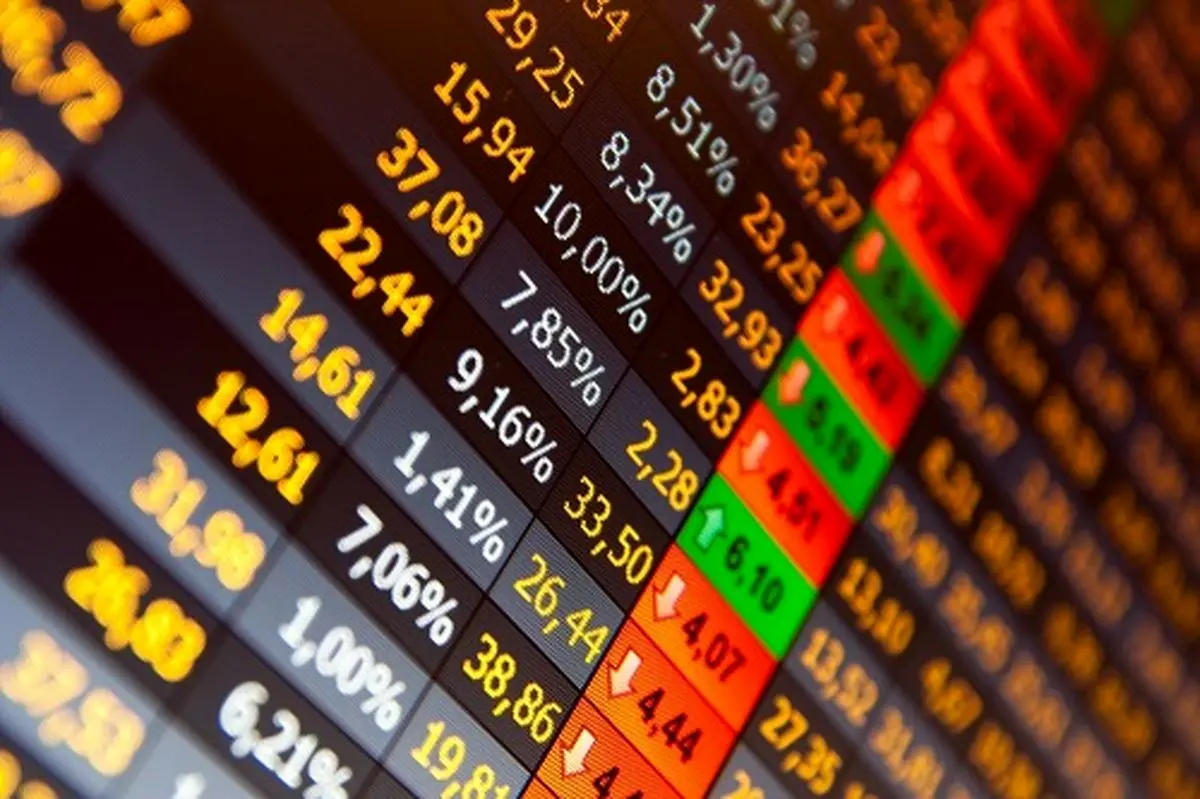Asia stocks climb to four-month high as Fed turns more cautious

Asia stocks rose to a four-month high on Thursday after the Federal Reserve pledged to be patient with further interest rate hikes, signaling a potential end to its tightening cycle amid signs of slowing global growth.
The dollar struggled near a three-week trough against its major peers and U.S. Treasury yields were significantly lower as investors reacted to the Fed’s change in tone.
Spreadbetters expected European stocks to follow Asia’s lead and open higher, with Britain’s FTSE edging up 0.05 percent and Germany’s DAX and France’s CAC each climbing 0.3 percent.
MSCI’s broadest index of Asia-Pacific shares outside Japan rose to its highest since Oct. 4 and was last up 0.9 percent.
Japan’s Nikkei rose 1 percent.
The Shanghai Composite Index climbed 0.3 percent despite data showing China’s factory activity contracted for a second straight month amid weakening orders.
South Korea’s KOSPI added 0.3 percent.
The Fed on Wednesday held interest rates steady as expected, and also discarded its promises of “further gradual increases” in interest rates.
The central bank said it would be “patient” before making any further moves amid a suddenly cloudy outlook for the U.S. economy due to global growth risks and impasses over trade and government budget negotiations.
On Wall Street, the Dow and the Nasdaq rallied 1.7 percent and 2.2 percent, respectively, on hopes the Fed’s pause would give the U.S. economy and corporate profits more room to run.
Late in December the Dow had sunk to its lowest level since September 2017, dogged by factors including worries over cooling economic growth and trade tensions, adding pressure on the Fed to reassess its tightening bias.
“The Fed’s statements firmly confirmed its dovish stance, which had already been on display at the start of the year. Market concerns towards the Fed’s rate hikes have now been put to rest,” said Masahiro Ichikawa, senior strategist at Sumitomo Mitsui Asset Management in Tokyo.
“The mention of the balance sheet by the Fed was a positive surprise. The focus now shifts immediately to U.S.-China trade talks, but the equity markets could have enough cushioning to withstand negative news from the talks.”
The U.S. central bank also said on Wednesday that its balance sheet would remain larger than previously expected.
However, while market expectations for Fed tightening may have waned significantly, some analysts suggested rate hikes still remained a near-term possibility.
“While many of the risks to the U.S. outlook remain in place, there is little to suggest that the outlook has changed by as much as the Fed communication says it has,” wrote Michael Gapen, chief U.S. economist at Barclays.
In currencies, the dollar index against a basket of six major currencies stretched the previous day’s losses and slipped to a three-week low of 95.204.
A weaker dollar helped nudge the euro to $1.1509 , its highest since Jan. 11.
The greenback was slipped about 0.3 percent to a two-week low of 108.695 yen .
The pound was a shade higher at $1.3127 , given some reprieve after slipping earlier in the week when British lawmakers voted down a proposal in parliament that could have prevented a potentially chaotic “no-deal” Brexit.
Oil prices rose after U.S. government data showed signs of tightening supply and as investors remained concerned about supply disruptions following U.S. sanctions on Venezuela’s oil industry.
U.S. crude oil futures were up 0.7 percent at $54.59 per barrel.
END
